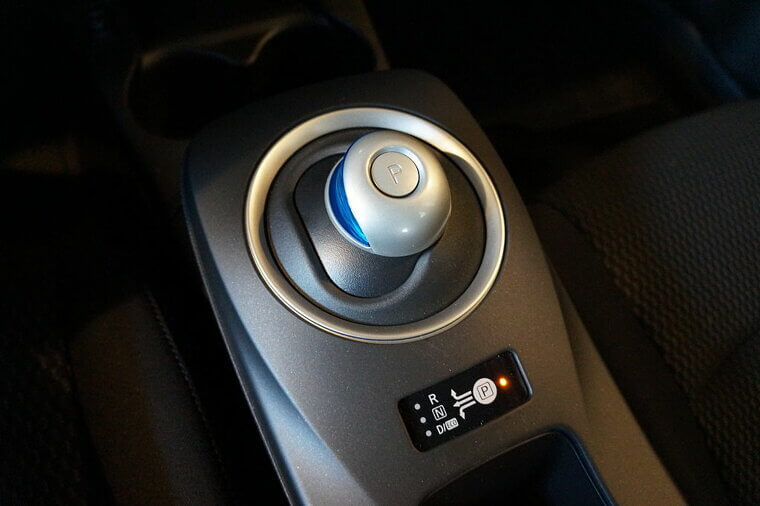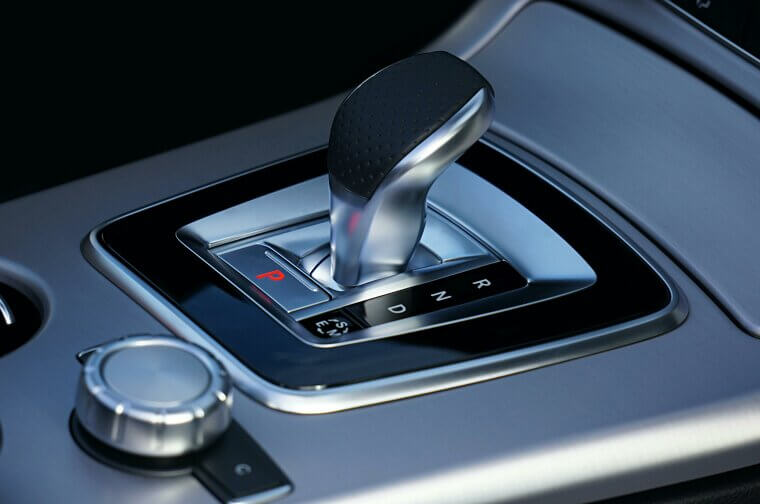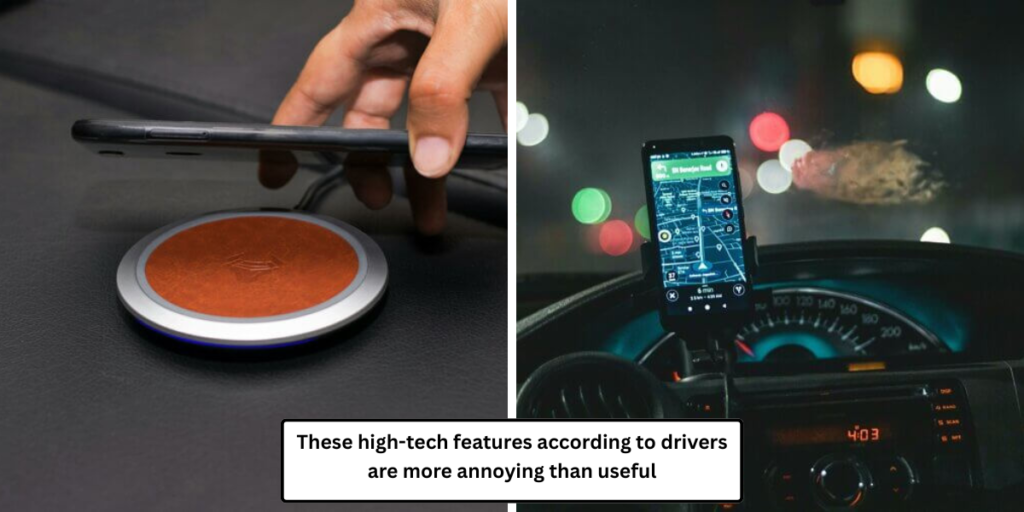In today’s modern vehicles, a wide array of high-tech features are being integrated to enhance the driving experience. However, while these innovations aim to provide convenience and safety, many drivers have expressed frustration, claiming that they often prove more distracting and annoying than helpful. From overly sensitive collision sensors to complex infotainment systems, some of these features seem to complicate rather than simplify the driving process. In fact, these high tech features according to drivers are more annoying than useful, leaving many feeling overwhelmed by constant alerts and unnecessary prompts.
This has led to growing concerns about whether these technologies are truly improving the overall driving experience or detracting from it. As technology continues to advance, it’s important to assess whether these high-tech features are genuinely enhancing safety and convenience or if they’re creating more problems for drivers.
Lane-Keeping Assist That

Many drivers report that lane-keeping assist systems are more stressful than helpful. Instead of gently guiding the car, some systems jerk the steering unexpectedly. This overcorrection can feel unsafe, especially on narrow or curvy roads. It often triggers false alarms even when drivers are in full control. Drivers also say it interferes when intentionally avoiding road hazards. In the end, it proves that these high tech features according to drivers are more annoying than useful, causing more anxiety than assistance for many users.
Systems of Infotainment That Are Too Complex

Although infotainment systems are now widely found in cars, operating them shouldn’t require a computer science degree. Some are so intricate that attempting to find the song you want is like navigating a labyrinth of menus.
Climate Controls with Touchscreen

Do you recall the days when turning on and off air conditioning was as simple as pressing a button? Modern alternatives are undoubtedly more varied, but they need you to take extra steps to adjust your car’s temperature. Automobile manufacturers, please keep things simple.
Overly Sensitive Collision Alerts

Modern cars are packed with safety sensors, but they can be overprotective. Collision warnings often go off unnecessarily, like in slow-moving traffic. Some even beep loudly when passing parked cars too closely. These constant false alarms annoy rather than alert the driver. They can reduce trust in the system’s reliability over time. Most drivers prefer systems that react only to real threats.
Auto Stop-Start Engine Systems

This fuel-saving feature shuts off the engine at stops, like traffic lights. But many drivers say it’s more annoying than efficient in daily use. The engine’s constant restarting can feel rough and delay acceleration. In heavy traffic, it activates so often that it becomes a nuisance. Some drivers disable it altogether because it disrupts the driving flow. The minor fuel savings don’t justify the major inconvenience.
Gear shifters that are electronic

Electronic gear shifters are just one example of the new technology that might be a nightmare for people who are accustomed to older cars in particular. They are not as tactile as conventional gears, which might result in accidents or other disasters. They are more bother than they are worth to some drivers!
Monitoring of Blind Spots

Blind spot monitoring may be excessively sensitive or insufficiently sensitive. It may detect something in the next parking spot in the first case, and it may be tricked by fast-moving cars in the second. It also malfunctions in bad weather.
Difficult Bluetooth Pairing

It only requires a couple button presses to pair your smartphone with your car’s Bluetooth, right? It would be too simple! It can be so difficult to pair your gadgets that you end up calling tech support just to play your favorite music.
Uncomfortable Seatbelt Sounds

The last thing you need is a loud alarm alerting you to the need to buckle up immediately or face certain death when you’ve just gotten into your car and are sitting there conducting some checks or idling.
GPS navigation systems that are unreliable

GPS units aren’t the most dependable, particularly if you neglect to update the system or if they’re using outdated maps. They have the ability to lead you astray.
Turning Down the Volume

Your automobile most likely includes volume-down mechanisms so you can hear your notifications if it has reversing assistance. The transition from positive feelings to warnings can be startling, and not everyone wants their music to be cut off at the first hint of trouble.
Recognition of Traffic Signs

When traffic sign identification fails, it overburdens you with complex alerts, which may be overly controlling. If you neglect to update them, you’ll be informed that some of them may be from out-of-date signs or contain false information.
Unreliable Wireless Charging Stations

Wireless charging stations only have one purpose, and occasionally they are unable to fulfill it! Wireless charging pads might be erratic because they lack the power of wired connections or are incompatible with your phone, even though they are advertised as “universal.”


